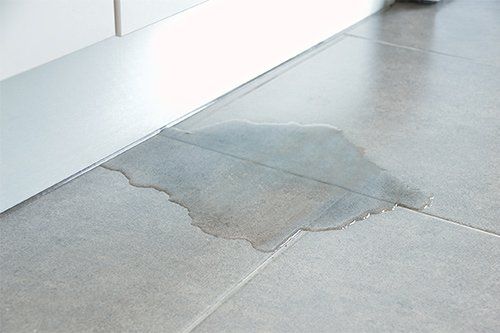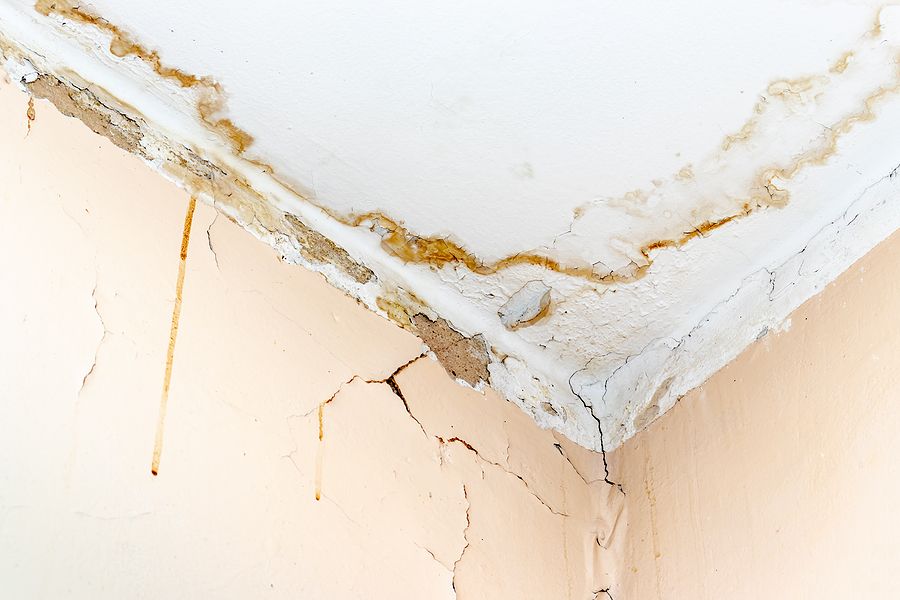Your Home's Common Common Factors of Leakage: Detailed Examination
Your Home's Common Common Factors of Leakage: Detailed Examination
Blog Article
How do you feel in regards to How to detect water leaks in your home?

Leaks not just cause waste of water yet can additionally cause unneeded damages to your residence as well as promote unwanted natural development. Regrettably, water leakages could go unnoticed because a lot of the pipework in our house is hidden. By comprehending and also looking for day-to-day situations that create leaks, you can shield your home from future leakages and also unneeded damages. Today, we will check out 6 leak triggers that might be causing your pipelines to trickle.
Intruding origins
A lot of water leaks begin outside the home rather than inside it. You may notice damp patches or sinkholes in your yard, as well as that could suggest that tree origins are getting into water lines triggering water to seep out.
Corroded water supply
This could be the reason of staining or warping on your water pipelines. If our plumbing system is old, consider replacing the pipelines because they are at a greater risk of rust than the more recent designs.
Faulty Pipeline Joints
The point at which your pipes attach is often the weakest link in the waterline. Pipeline joints can weaken with time, resulting in water leakages. The bulk of pipeline joints are not easily visible. If you have loud pipes that make ticking or banging sounds, especially when the warm water is switched on, your pipeline joints are probably under a lot of stress. It is recommended to have your plumber inspect your system annually.
Instantaneous temperature adjustments.
Extreme temperature level changes in our pipes can create them to expand and also get unexpectedly. This development and also tightening might cause cracks in the pipes, specifically if the temperature are below freezing. If you kept an eye on how your plumbing functions, it would be best. The presence of the previously stated scenarios frequently shows a high danger.
Poor Water Connectors
At times, a leak can be created by loose hose pipes and pipelines that supply your appliances. In case of a water links leakage, you may observe water running directly from the supply line or puddles around your devices.
Clogged Drains
Blocked drains pipes might be aggravating and inconveniencing, however they can occasionally wind up causing an overflow resulting in rupture pipelines. Maintain getting rid of any kind of products that might drop your drains pipes that can obstruct them to avoid such inconveniences.
All the above are reasons for leakages but not all water leaks result from plumbing leakages; some leakages could originate from roofing leaks. All leaks need to be fixed right away to avoid water damage.
Leakages not only cause waste of water yet can likewise trigger unnecessary damage to your residence and promote undesirable organic development. By comprehending and also looking for day-to-day scenarios that trigger leaks, you can secure your home from future leaks as well as unneeded damage. Today, we will certainly look at six leak causes that may be creating your pipes to leak.
At times, a leakage can be created by loose hose pipes as well as pipelines that provide your home appliances. In instance of a water links leakage, you might notice water running directly from the supply line or puddles around your home appliances.
How To Check For Water Leak In Your Home
How To Check for Leaks
The average household's leaks can account for nearly 10,000 gallons of water wasted every year and ten percent of homes have leaks that waste 90 gallons or more per day. Common types of leaks found in the home are worn toilet flappers, dripping faucets, and other leaking valves. These types of leaks are often easy to fix, requiring only a few tools and hardware that can pay for themselves in water savings. Fixing easily corrected household water leaks can save homeowners about 10 percent on their water bills.
To check for leaks in your home, you first need to determine whether you're wasting water and then identify the source of the leak. Here are some tips for finding leaks:
Take a look at your water usage during a colder month, such as January or February. If a family of four exceeds 12,000 gallons per month, there are serious leaks.
Check your water meter before and after a two-hour period when no water is being used. If the meter changes at all, you probably have a leak.
Identify toilet leaks by placing a drop of food coloring in the toilet tank. If any color shows up in the bowl after 10 minutes, you have a leak. (Be sure to flush immediately after the experiment to avoid staining the tank.)
Examine faucet gaskets and pipe fittings for any water on the outside of the pipe to check for surface leaks.
Undetected water leaks can happen without the home or business owner even realizing. If you suspect a water leak, but not able to find the source. It is time to contact a professional water leak detection service, The Leak Doctor.
How To Find a Water Leak In Your Home
https://www.leakdoctor.com/blog/How-To-Check-For-Water-Leak-In-Your-Home_AE197.html

Do you appreciate reading about Common Water Leaks In House? Give feedback down below. We'd be glad to see your insights about this content. We hope to see you back again soon. Sharing is good. You won't know, you may be doing someone a favor. I appreciate reading our article about How Fast Water Damage Can Ruin Your Home.
Resolve fast, contact! Report this page